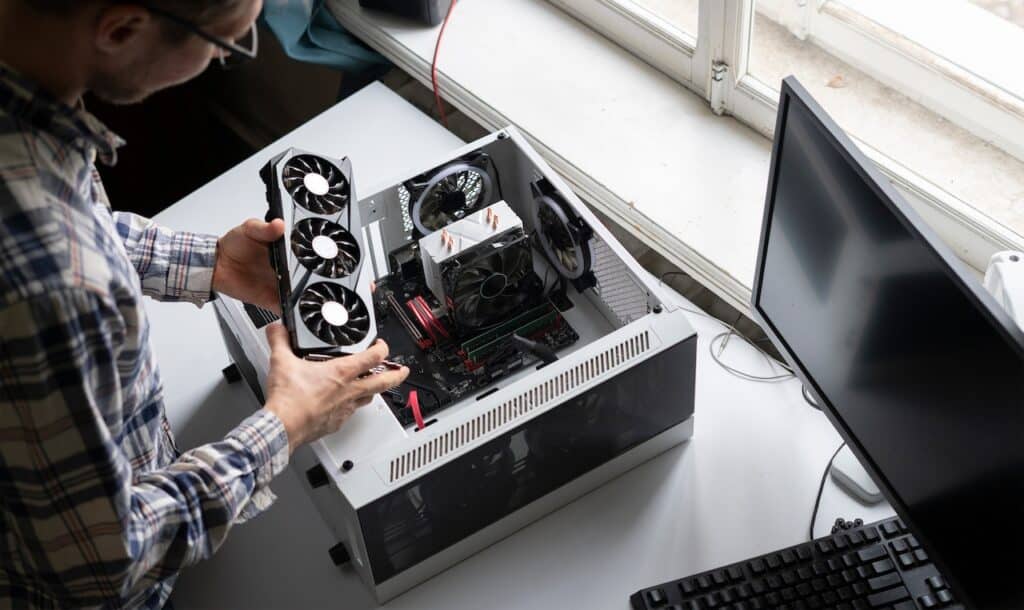Firewalls are found on most computers and networks to protect internet users from various threats or attacks. With today’s cybersecurity awareness, most people have heard of a firewall, but you may not know what they actually are or how they work to offer protection once installed by managed service providers (MSPs).
What Is a Firewall?
Firewalls refer to the systems present in a computer or similar device that prevent unauthorized users from gaining access to its contents or abilities.
In other words, a firewall prevents internet users from gaining access to any private networks that are also connected to the internet. Think of it as a barricade that blocks anyone but the authorized users from a device.
Firewalls are a basic defense against hackers and cybercriminals and are the first step in creating a secure computer and network. It’s like wearing a seatbelt in a car. It’s not the complete line of defense but rather the first line of defense.
How Does a Firewall Work?
A firewall works by installing filters around electronic devices that connect to a network and the network itself. When it comes to risks, the firewall blocks a few threats in particular, including:
- Backdoor
- Macro
- Denial of service
- Spam
- Remote logins
- Viruses
There are also hardware firewalls found in routers or other hardware connected to your network. They work to filter incoming information and identify potential security issues.
Another firewall commonly used by most people is a software firewall. These firewalls come pre-installed on computers or laptops in most cases. If you own a Windows operating system (OS), this firewall is accessible through the control panel and features a firewall interface.
speak with one of our IT specialists todayThe Different Types of Firewalls
There are a few different firewalls available on the market today. Depending on your needs and uses, you might choose one of the following to provide you with specific results and protection.
Proxy Server
A proxy server disguises or hides the location and network address of a computer. This type of firewall connects to the internet and regulates the type of traffic allowed through the system. This firewall is ideal for maintaining anonymity and filtering content.
Web Application
This type of firewall is a device that connects and outlines the HTTP rules. It is an ideal firewall for custom needs and is excellent for alerting the user to potential attacks or other malicious activities.
Packet filtering
This type of firewall analyzes the packets coming into or leaving the network because user-defined rules allow it to accept or reject those packets. One word of caution with this type of firewall is that it is difficult to set up and isn’t foolproof.
Working With an MSP
The best way to get the cybersecurity and firewall protection appropriate for your specific needs is to work with a managed service provider or MSP.
If you want to learn more or team up with a leading provider, reach out to TrinWare and let us show you how easy and efficient getting effective IT and cybersecurity services can be for your business.
TrinWare provides the best protection against hackers, malware, and other threats to ensure your business runs smoothly and operates efficiently. To get started, schedule a free consultation with TrinWare to receive a cybersecurity analysis.




